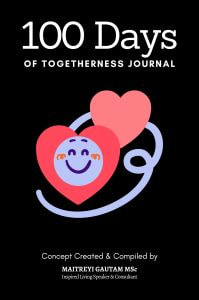| | Depression affects millions of people every year, and it is one of the most common mental illnesses in adults. Globally, it is the fourth leading cause of disability, and it is expected to reach the top spot in high-income countries by 2030. Depression is a significant societal burden, and it can have devastating effects on a person's quality of life. Among other things, people suffering from major depression experience substantial deficits in social relationships, physical ability, and daily engagement. Mental depression affects people's ability to make choices, make decisions, and interact with others. |
Cognitive Behavioral Therapy for mental depression can improve one's quality of life and function. Cognitive Behavioral Therapy can also be used to treat other psychological conditions such as anxiety or obsessive-compulsive disorder. Before beginning therapy, it is important to discuss your mental health history with your therapist to ensure that the therapy is the best option for you.
Cognitive Behavioral Therapy is a treatment for depression and anxiety disorders that involves correcting negative biases in the way one processes information. This therapy can reduce the severity of depressive symptoms and reduce the risk of relapse. In addition, Cognitive Behavioral Therapy can be highly effective in treating symptoms of depression during an acute episode.
In the end, the goal of recovery from mental depression is not to go back to a life before the disorder occurred, but to develop new coping mechanisms and rebuilding healthy thinking patterns that help one to live a happier and more fulfilling life.



















